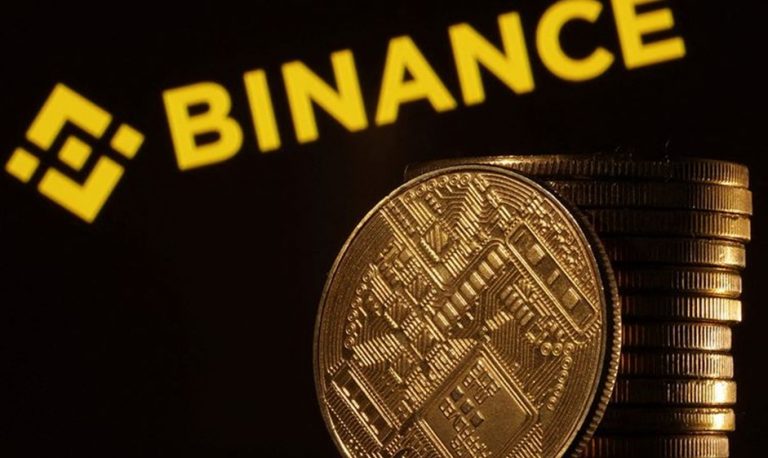
Binance has recently introduced a “Vote to List” initiative, empowering its community to influence which tokens are listed on the exchange. This program, announced earlier in March 2025, allows Binance users holding at least 0.01 BNB (Binance Coin) to vote on potential token listings. The first batch of this initiative, running from March 20 to March 27, 2025, exclusively features tokens based on the BNB Smart Chain (BSC).
Nine BSC-based tokens are up for voting, including options like TUT (Tutorial), BANANAS31 (Banana for Scale), KOMA (Koma Inu), SIREN (SIREN), BID (CreatorBid), Broccoli (CZ’S Dog), Mubarak (Mubarak), WHY (Why), and another Broccoli-themed token. Users can cast their votes through Binance Square, and the two tokens receiving the highest number of votes, pending due diligence, will secure a listing on the platform. This moves underscores Binance’s commitment to supporting the BNB Chain ecosystem while enhancing community governance and transparency in its listing process.
The initiative also aligns with broader updates to Binance’s listing strategy, such as no listing fees and the promise of airdrops from projects with dedicated listing budgets. Future voting rounds are expected to expand beyond BSC tokens to include other projects featured in Binance’s Alpha Observation Zone. This shift reflects Binance’s aim to decentralize decision-making and give its users a direct role in shaping the exchange’s trading ecosystem.
Register for Tekedia Mini-MBA edition 19 (Feb 9 – May 2, 2026).
Register for Tekedia AI in Business Masterclass.
Join Tekedia Capital Syndicate and co-invest in great global startups.
Register for Tekedia AI Lab.
The “Vote to List” initiative by Binance, featuring BNB tokens, carries several implications for the cryptocurrency exchange, its users, the BNB Chain ecosystem, and the broader crypto market. By allowing users with as little as 0.01 BNB to vote, Binance democratizes the listing process, giving its community a tangible say in shaping the platform’s offerings. This could boost user engagement and loyalty, as participants feel more invested in the exchange’s ecosystem.
Shifting some control from centralized gatekeepers to token holders aligns with the ethos of decentralization prevalent in the crypto space, potentially enhancing Binance’s reputation among advocates of community-driven governance. Featuring only BNB Smart Chain (BSC)-based tokens in the first-round highlights and promotes projects built on BSC. This could drive more developer and investor interest in the chain, reinforcing its position as a competitive alternative to Ethereum and other layer-1 blockchains.
Successful listings could bring more trading volume and liquidity to these BSC tokens, benefiting both the projects and BNB’s utility as a governance and transaction fee token within the ecosystem. The voting mechanism may spark speculative trading around the featured tokens, especially as users anticipate which ones might win and gain value post-listing. This could lead to short-term price volatility for the tokens involved. While Binance conducts due diligence on winning tokens, the popularity-driven voting process might prioritize hype over fundamentals, potentially listing tokens with weaker long-term viability.
By introducing a no-fee listing model combined with community voting, Binance differentiates itself from competitors like Coinbase or Kraken, which often rely on opaque listing criteria and fees. This could attract more projects and users to its platform. The promise of airdrops from projects with listing budgets adds an extra perk for users, potentially increasing participation and trading activity, further solidifying Binance’s dominance in the exchange market.
Requiring BNB holdings to vote may increase demand for the token, as users acquire it to participate. This could positively impact BNB’s price, especially if the initiative scales to include more rounds and broader token categories. Enhancing BNB’s role in governance strengthens its utility beyond transaction fees and staking, potentially making it a more integral part of Binance’s long-term strategy. Wealthier users or coordinated groups could skew voting outcomes by accumulating BNB to influence results, undermining the fairness of the process.
This initiative signals a trend toward greater community involvement in centralized exchanges, blurring the lines between CeFi (centralized finance) and DeFi (decentralized finance). If successful, it could set a precedent for other exchanges to adopt similar models, reshaping how tokens gain access to major liquidity hubs. For now, it’s a strategic play by Binance to leverage its massive user base, reinforce the BNB Chain, and adapt to the evolving expectations of the crypto community.



